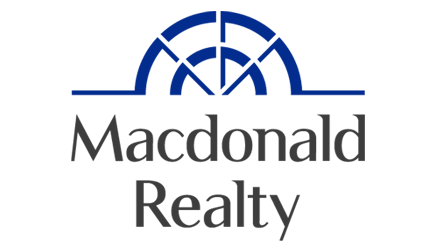
Introduction To Commercial Real Estate Investing
Commercial real estate investing offers an exciting opportunity to generate substantial wealth and build a diverse investment portfolio. Unlike residential properties, commercial real estate encompasses office buildings, retail spaces, industrial warehouses, and multifamily apartment complexes. With its potential for steady cash flow and long-term appreciation, this asset class appeals to both seasoned investors and those seeking to enter the market. However, navigating the complex world of commercial real estate requires a deep understanding of market dynamics, property valuation techniques, leasing agreements, and financing options.
This introduction provides an overview of the key considerations involved in commercial real estate investing, including risk management strategies and tips for identifying lucrative investment opportunities.
Benefits And Risks Of Commercial Real Estate Investing
Commercial real estate investing offers several benefits and risks that potential investors should consider. One of the key advantages is the potential for high returns on investment. Commercial properties typically generate higher rental income compared to residential properties, providing a steady cash flow. Additionally, commercial real estate investments often appreciate in value over time, offering the possibility of capital appreciation. Moreover, commercial leases tend to be longer-term than residential leases, ensuring a stable income stream for investors.
However, commercial real estate investing also entails certain risks. Market fluctuations and economic downturns can negatively impact property values and rental demand. Finding suitable tenants and managing the property effectively can also pose challenges. Furthermore, commercial real estate investments require substantial initial capital and involve complex legal and financial considerations.
Strategies For Successful Commercial Real Estate Investing
1. Thorough Market Research: Before investing in commercial real estate, conduct comprehensive market research to identify emerging trends, growth areas, and potential risks. This will help you make informed decisions and maximize your investment returns. 2. Diversify Your Portfolio: Spread your investments across different property types, locations, and sectors to minimize risk. A diverse portfolio can help you weather downturns in specific markets or industries.
3. Partner with Experts: Collaborate with experienced professionals such as brokers, attorneys, and property managers who have a deep understanding of the commercial real estate market. Their expertise can provide valuable insights and mitigate potential pitfalls.
4. Focus on Cash Flow: Prioritize properties that generate consistent cash flow through rental income or lease agreements.
Key Factors To Consider When Investing In Commercial Real Estate
When investing in commercial real estate, several key factors must be carefully considered to make an informed decision. Firstly, location plays a crucial role in determining the potential success of the investment. The area’s economic growth, population demographics, and accessibility are essential indicators to evaluate. Additionally, understanding market trends and demand for specific types of properties is vital to ensure long-term profitability.
Proper due diligence is necessary to assess the property’s condition, including structural integrity and potential renovation costs. Moreover, analyzing the financial aspects such as cash flow projections, operating expenses, and financing options is crucial for evaluating the investment’s profitability and sustainability. Lastly, considering legal and regulatory factors can help avoid any legal complications or restrictions that may hinder future development or leasing opportunities.


